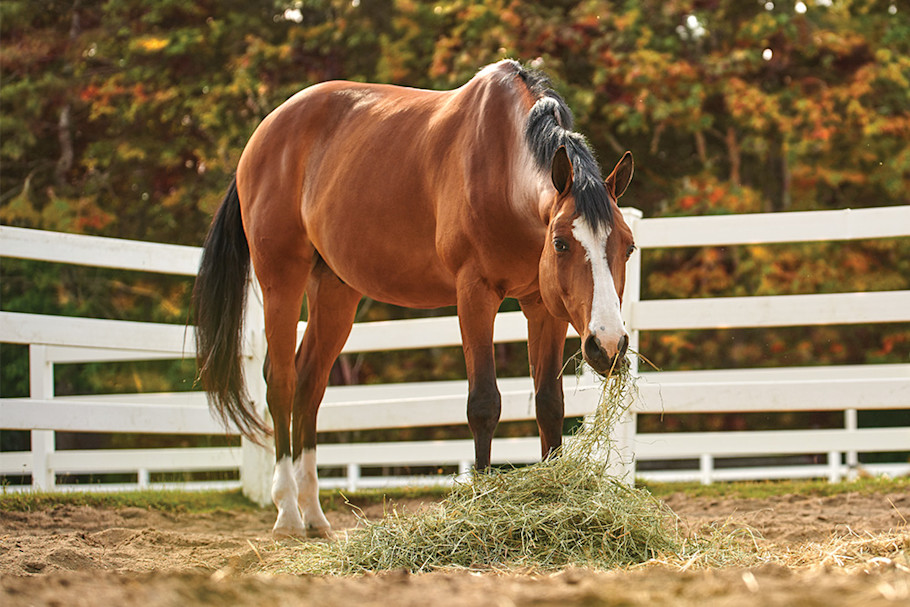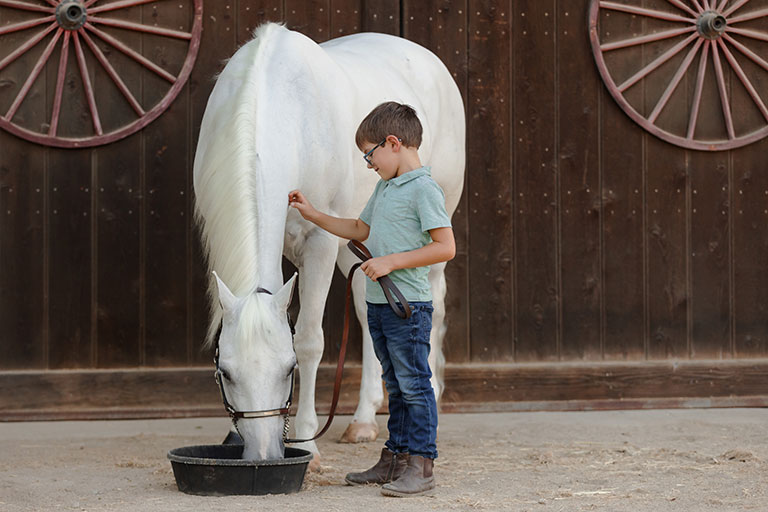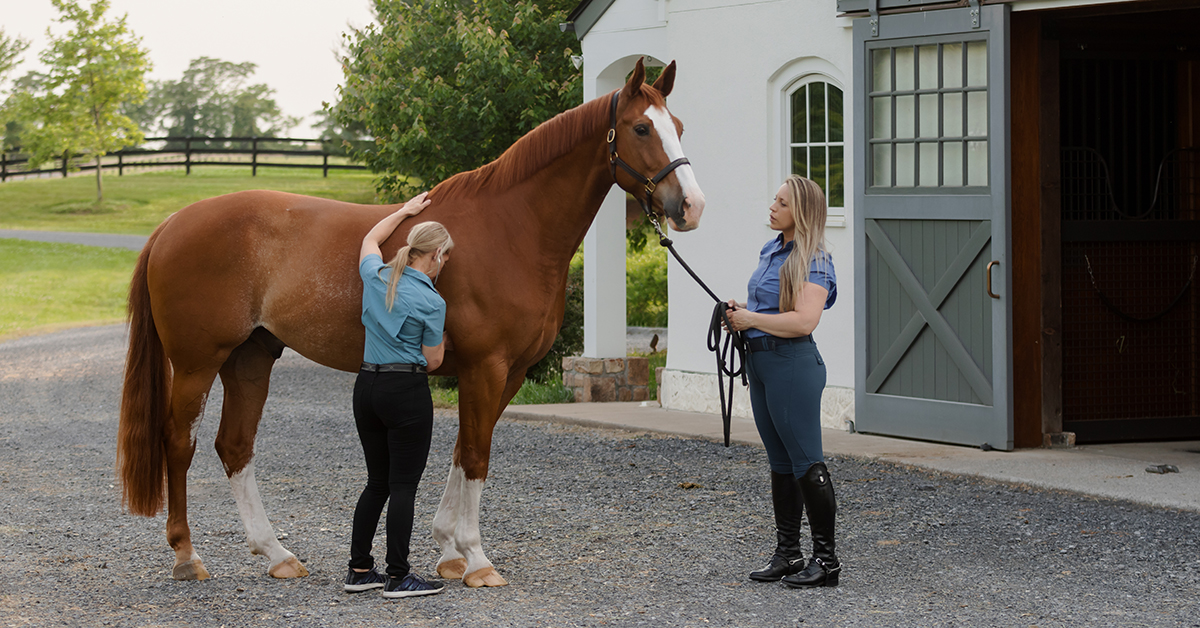Caring for a senior horse can be both a rewarding and challenging experience. As horses age, they have specific needs that require attention to ensure their health and happiness. Implementing the right senior horse best practices is crucial for maintaining their quality of life. In this article, we will explore various aspects of senior horse care, including diet, exercise, dental health, and more.

Understanding the Aging Process in Horses
As horses age, they undergo physiological changes that can affect their overall health and performance. It’s important to recognize these changes early on to provide the best care possible. Common signs of aging in horses include weight loss, decreased mobility, and dental issues. Being proactive in addressing these changes can greatly enhance your horse’s longevity.
Dietary Needs of Senior Horses
One of the most important aspects of senior horse best practices is providing a balanced diet. Older horses often require a diet that is easy to digest and high in fiber. Consider incorporating senior horse feeds that are specifically formulated to meet their nutritional needs. Additionally, providing ample access to fresh water is essential for maintaining hydration and digestive health.
Importance of Regular Exercise
Maintaining an appropriate exercise routine is vital for senior horses. Regular, low-impact exercise helps keep their joints flexible and muscles strong. Activities such as walking, light trotting, and gentle riding can be beneficial. Always tailor the exercise routine to fit your horse’s individual needs and consult with a veterinarian if you’re unsure about their capabilities.
Dental Health in Senior Horses
Dental care is a critical component of senior horse care. As horses age, they can experience a variety of dental issues such as worn teeth, gum disease, and even oral tumors. Regular dental check-ups and maintenance can prevent these problems and ensure your horse can eat comfortably. It’s advisable to schedule dental exams at least once a year.
For more information on dental health, you can visit our page on horse dental exams.
Managing Weight and Body Condition
Monitoring and managing your horse’s weight is another key practice. Senior horses are prone to both weight gain and loss, each presenting its own set of challenges. Regularly assess your horse’s body condition and consult with a veterinarian to ensure they maintain a healthy weight.
Recognizing Common Health Issues
Aging horses can develop health issues such as arthritis, Cushing’s disease, and laminitis. Early detection and management of these conditions are essential to minimize discomfort and maintain quality of life. Regular veterinary check-ups and being observant of any changes in your horse’s behavior or condition can aid in early detection.
Providing a Comfortable Environment
Creating a comfortable living environment is crucial for the well-being of senior horses. Ensure they have access to clean, dry bedding, and protection from harsh weather conditions. Additionally, maintaining a consistent routine can help reduce stress in older horses.
Socialization and Mental Stimulation
Just like humans, horses thrive on social interactions. Providing opportunities for your senior horse to socialize with other horses can improve their mental health and overall well-being. Additionally, engaging them in activities that stimulate their mind can prevent boredom and improve their quality of life.
Importance of Routine Veterinary Care
Regular veterinary care is a cornerstone of senior horse best practices. Routine check-ups allow for early detection of health issues and the opportunity to address them promptly. Work with your veterinarian to create a tailored care plan for your horse, including vaccinations, deworming, and any necessary treatments.
Supplements for Senior Horses
Supplements can play a significant role in supporting the health of senior horses. Joint supplements, digestive aids, and specific vitamins can address deficiencies and improve overall health. Always consult with a veterinarian before introducing any new supplements to your horse’s diet.
Maintaining Hoof Health
Hoof care is another essential aspect of senior horse care. Regular trimming and inspections can prevent common issues like cracks and infections. Work with a qualified farrier to develop a hoof care routine that suits your horse’s needs.

FAQs
How often should senior horses be fed?
Senior horses should generally be fed smaller, more frequent meals to aid digestion. Consult your veterinarian for a feeding schedule tailored to your horse’s specific needs.
What are the signs of dental problems in senior horses?
Signs of dental problems in senior horses include difficulty chewing, weight loss, and dropping food. Regular dental exams can help prevent these issues.
Can senior horses still be ridden?
Many senior horses can still be ridden, depending on their health and fitness level. Always assess their physical condition and consult with a veterinarian before riding.
For additional resources on caring for older horses, you can visit this informative guide.
This article contains affiliate links. We may earn a commission at no extra cost to you.
